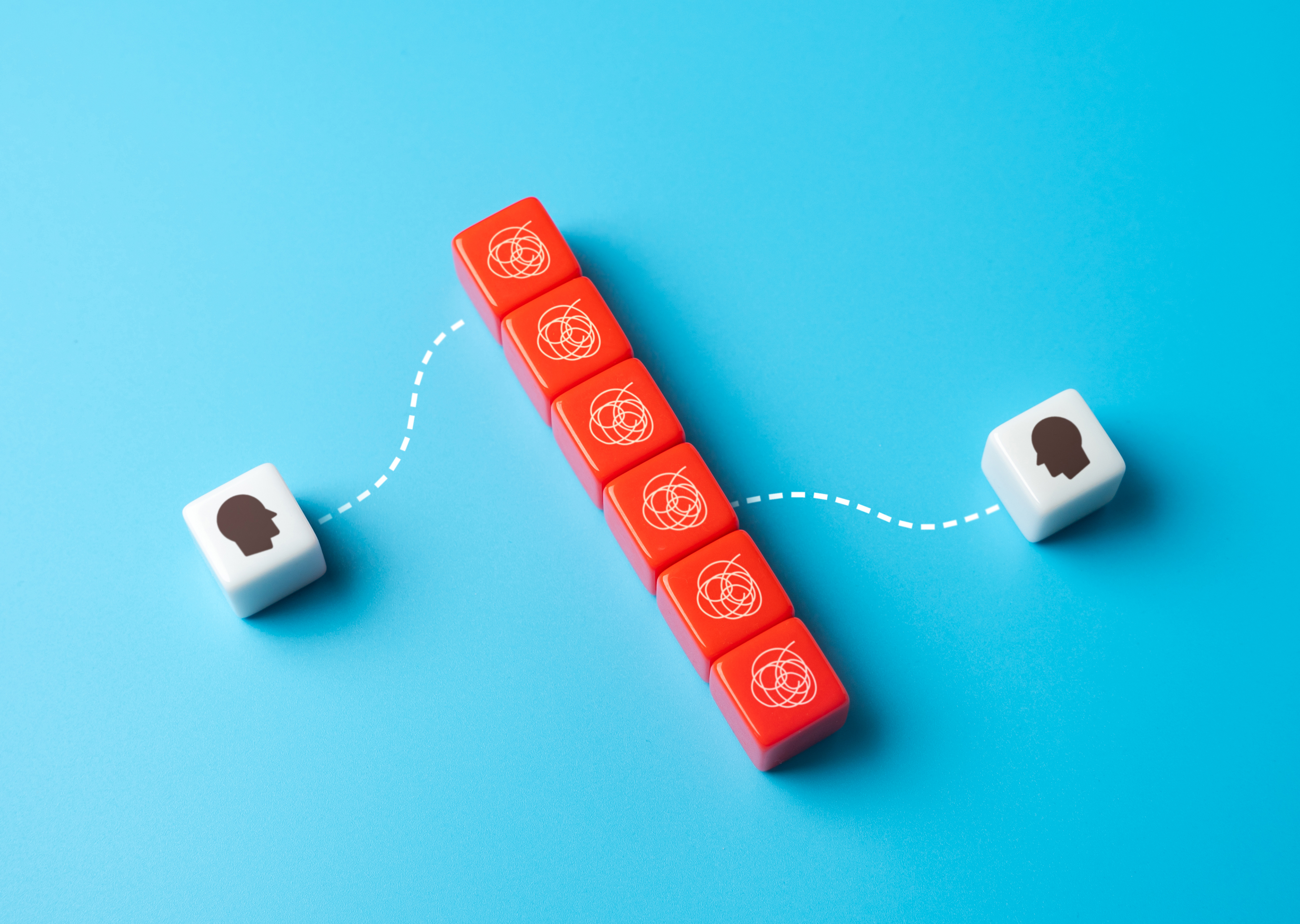10 Telltale Signs of a Cheating Heart You Can’t Ignore
The concept of infidelity is as old as human relationships themselves, yet it continues to be shrouded in mystery and intrigue. Understanding the secrets of an unfaithful heart is akin to piecing together a complex puzzle, where each clue, no matter how small, plays a crucial role in revealing the bigger picture. This article delves into the ten undeniable clues that whisper secrets of the unfaithful heart. With each section, we unravel the intricacies of infidelity, exploring the psychological, emotional, and behavioral signs that may indicate a breach of trust. This exploration is not just about identifying signs of unfaithfulness but also about understanding the deeper motivations and consequences of such actions. By the end of this journey, we aim to provide a comprehensive understanding of the unfaithful heart, helping readers navigate the tumultuous waters of relationships with greater clarity and insight.
Clue 1: The Subtle Shift in Communication Patterns

Communication is the lifeblood of any relationship, and a sudden change in this dynamic can be one of the first indicators of infidelity. Partners who were once open and communicative may become withdrawn or evasive. This shift often manifests in various forms, such as avoiding meaningful conversations, responding with vague answers, or displaying a noticeable lack of interest in the partner's daily life. Such changes can be attributed to the emotional distance that often accompanies infidelity. The unfaithful partner may be preoccupied with the new relationship, leading to a decline in the quality and frequency of communication with their primary partner. This section explores the nuances of these communication shifts, examining how they can serve as early warning signs of a wandering heart.
Clue 2: The Emergence of Secretive Behavior

Secrecy is a hallmark of infidelity, with unfaithful partners often going to great lengths to conceal their actions. This behavior can manifest in various ways, such as password-protecting devices, taking private phone calls, or being overly protective of personal space. The emergence of such secretive behavior can be a red flag, indicating that something is amiss. This section delves into the psychology behind secrecy in relationships, exploring how the need to hide certain aspects of one's life can create a barrier between partners. We also examine the impact of secrecy on trust and intimacy, highlighting the importance of transparency in maintaining a healthy relationship.
Clue 3: The Unexplained Changes in Appearance

A sudden change in appearance can be another telltale sign of infidelity. Unfaithful partners may begin to pay more attention to their looks, adopting new grooming habits or updating their wardrobe. These changes are often motivated by the desire to impress a new romantic interest. While a renewed focus on appearance is not inherently indicative of infidelity, it can be a cause for concern when coupled with other suspicious behaviors. This section explores the motivations behind such changes, examining how they can serve as a reflection of an individual's internal state. We also discuss the importance of addressing these concerns openly and honestly, fostering a dialogue that encourages transparency and understanding.
Clue 4: The Mysterious Alteration in Routine

Routine is a comforting aspect of any relationship, providing a sense of stability and predictability. However, when a partner's routine changes without explanation, it can be a sign of infidelity. These alterations can include working late more frequently, taking unexpected trips, or developing new hobbies that exclude the partner. Such changes can indicate that the unfaithful partner is carving out time for a new relationship. This section examines the significance of routine changes in the context of infidelity, exploring how they can disrupt the balance of a relationship and lead to feelings of insecurity and mistrust. We also discuss strategies for addressing these concerns, emphasizing the importance of open communication and mutual understanding.
Clue 5: The Emotional Distance That Grows

Emotional distance is a common consequence of infidelity, with unfaithful partners often withdrawing from their primary relationship. This distance can manifest in various ways, such as a lack of emotional support, decreased physical affection, or a general sense of detachment. The unfaithful partner may be emotionally invested in the new relationship, leading to a decline in the quality of their interactions with their primary partner. This section explores the impact of emotional distance on relationships, examining how it can erode trust and intimacy. We also discuss strategies for bridging this gap, emphasizing the importance of addressing underlying issues and rebuilding emotional connections.
Clue 6: The Financial Discrepancies That Arise

Financial discrepancies can be another indicator of infidelity, with unfaithful partners often spending money on their new relationship. These discrepancies can manifest in various forms, such as unexplained withdrawals, secretive spending, or changes in financial habits. Such financial behavior can create tension and mistrust within a relationship, as partners may feel betrayed by the lack of transparency. This section delves into the financial implications of infidelity, examining how they can impact the stability of a relationship. We also discuss strategies for addressing financial concerns, emphasizing the importance of honesty and accountability in maintaining a healthy partnership.
Clue 7: The Unusual Increase in Criticism

An increase in criticism can be a subtle yet telling sign of infidelity. Unfaithful partners may project their guilt or dissatisfaction onto their primary partner, resulting in heightened criticism or negative comparisons. This behavior can create a toxic environment, eroding self-esteem and fostering resentment. This section explores the psychological motivations behind increased criticism, examining how it can serve as a defense mechanism for the unfaithful partner. We also discuss strategies for addressing criticism within a relationship, emphasizing the importance of constructive communication and empathy in resolving conflicts.
Clue 8: The Inexplicable Lack of Interest

A sudden lack of interest in the relationship or shared activities can be another indicator of infidelity. Unfaithful partners may become disengaged from their primary relationship, neglecting shared responsibilities or losing interest in activities they once enjoyed. This lack of interest can be attributed to the emotional investment in the new relationship, leading to a decline in the quality of the primary partnership. This section examines the impact of disengagement on relationships, exploring how it can foster feelings of neglect and isolation. We also discuss strategies for re-engaging with a partner, emphasizing the importance of rekindling shared interests and fostering a sense of connection.
Clue 9: The Gut Feeling That Persists

Intuition is a powerful tool in relationships, often serving as a guide when something feels amiss. A persistent gut feeling that something is wrong can be a significant indicator of infidelity. While intuition alone is not definitive proof of unfaithfulness, it can prompt individuals to pay closer attention to other signs or behaviors. This section explores the role of intuition in relationships, examining how it can serve as an early warning system for potential issues. We also discuss the importance of trusting one's instincts while maintaining a balanced perspective, encouraging open communication and exploration of underlying concerns.
Clue 10: The Reluctance to Discuss the Future

A reluctance to discuss future plans or make long-term commitments can be a sign of infidelity. Unfaithful partners may be hesitant to invest in the future of their primary relationship, as their attention is divided between two romantic interests. This reluctance can create uncertainty and insecurity, as partners may question the stability of their relationship. This section examines the impact of future reluctance on relationships, exploring how it can undermine trust and commitment. We also discuss strategies for addressing these concerns, emphasizing the importance of setting mutual goals and fostering a shared vision for the future.
Navigating the Complexities of the Unfaithful Heart

Understanding the secrets of the unfaithful heart requires a keen awareness of the subtle clues that may indicate infidelity. From communication shifts to financial discrepancies, each sign provides valuable insight into the dynamics of a relationship. While these clues can serve as important indicators, it is crucial to approach the topic of infidelity with empathy and understanding. Relationships are complex, and the motivations behind unfaithfulness can vary greatly. By fostering open communication, addressing underlying issues, and rebuilding trust, partners can navigate the complexities of infidelity and work towards a healthier, more fulfilling relationship.
